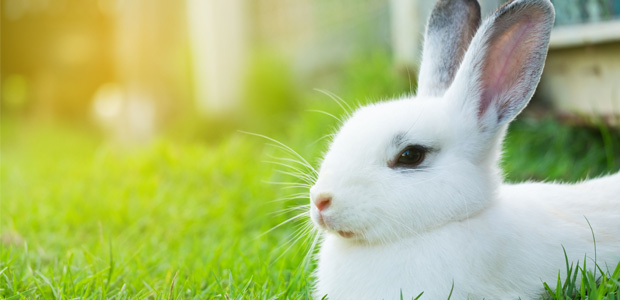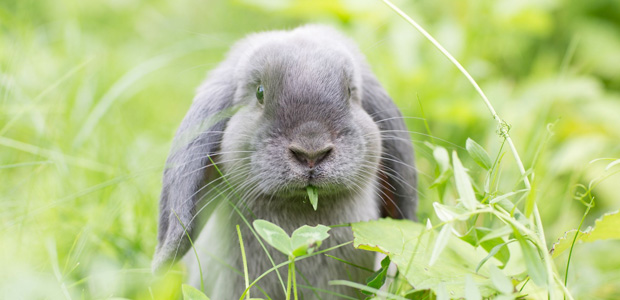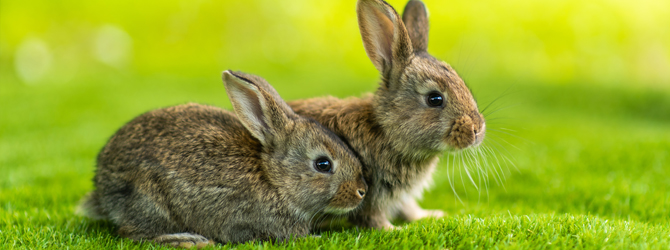5 summer tips for rabbit owners
Although rabbits originate from the western Mediterranean, they’re not actually used to spending too much time in the red-hot sun.
This is because in the wild, rabbits hide out in deep burrows where it’s cool and shaded.
Hot summer days can prove dangerous to our bunnies.
Because of their fur, rabbits tend to heat up a lot faster than humans, and are at a greater risk of heat stroke and heat exhaustion.
Let’s take a look at how to keep bunnies safe during the summer.
Keep them in the shade
Wild rabbits spend a lot of time burrowed underground where it’s nice and cool. You can replicate these conditions by making sure your domestic rabbits have access to shade at all times.
This may involve covering their hutch so the light can’t get in or on extremely warm days, you may want to move their hutch indoors where it’s cooler. Ideally, your rabbits should have access to a cooling breeze.
Try adding some tunnels to their hutch, or even a cardboard box will do. This will help keep your bunny cool and allow them to carry out their natural burrowing instincts.
Provide plenty of water
You’ll want to provide your bunnies with lots of water to keep them hydrated.
Use a bottle and a water bowl, making sure you top them both up regularly so the water stays fresh and cool.
Try some frozen treats
Edible frozen treats like ice cubes aren’t recommended for bunnies as they can cause gastrointestinal trouble, but your bunny will appreciate a nice frozen water bottle to lie next to.

Check regularly for Flystrike
Bunnies are at a higher risk of Flystrike during the summer because summer is the time of flies!
Make sure they’re protected and check them regularly just in case.
If your rabbit’s behaviour is a little off, if they’re restless, refusing food or if you detect a nasty smell coming from their hutch, they may be suffering from Flystrike. Contact your vet immediately if this is the case.
Read more: Flystrike in rabbits: how to care for your rabbits and avoid flystrike.
Make sure your bunnies are healthy
Your rabbits’ routine heath care treatments are always important, but it’s especially important during the summer – with all those insects and a parasites flying around – to make sure your bunnies are up to date with all their:
- Vaccinations
- Parasite treatments
- Microchip details
Read more: How to look after a rabbit: the 5 essential freedoms.
What are the signs of heat exhaustion in rabbits?
Signs of heat exhaustion in bunnies include:
- Quickened breathing
- Heavy breathing, through their mouth
- Wetness of the nose
- General restlessness
- Hot ears
If your rabbit displays any of these signs, it’s important to get them to a cool and shaded area immediately. Cool them down by dabbing them with water and providing them with cold water to drink. Never splash water on your bunny or submerge them into cold water, as this could send them into a state of shock.
After you’ve done this, contact your vet immediately.

Need more info?
To find out more about keeping your rabbit protected during the warm weather, have a chat with your local vet.
Find a Vet near you today or speak to a vet online from the comfort of your own home using Online Vets.

